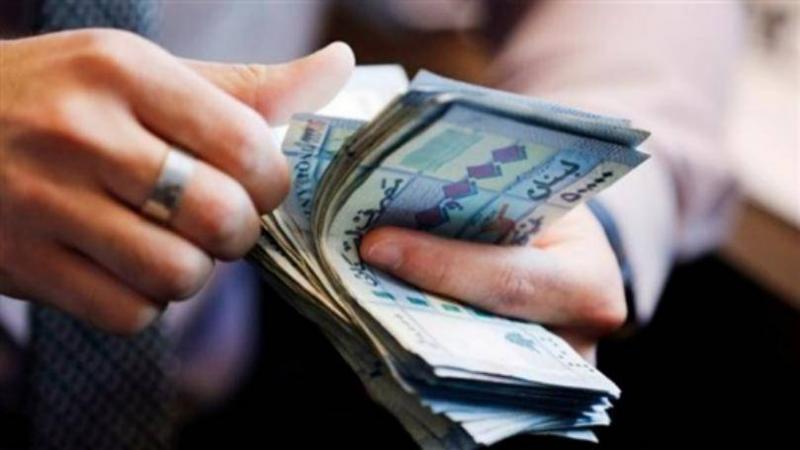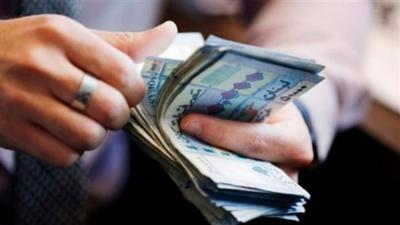While the Lebanese awaited a decision from the Ministry of Finance to set the customs dollar at 15,000 Lebanese pounds following a parliamentary session that approved the 2022 budget, Minister of Finance in the caretaker government, Youssef Khalil, made a statement through "Reuters" announcing that the official dollar rate would become 15,000 Lebanese pounds starting at the end of October. Subsequently, two clarifying statements were issued by the Ministry of Finance. This represents a tenfold depreciation of the Lebanese pound.
The minister granted Lebanese citizens a month to mentally prepare for further increases in the prices of all goods and services without exception. However, Khalil's stance has caused confusion, prompting Ibrahim Kanaan, head of the Finance and Budget Committee, to tweet that the Minister of Finance's announcement regarding the unification of the exchange rate in the budget is incorrect. The budget did not adopt the exchange rate of 15,000; rather, the government adopted the customs dollar at 15,000 after a loss of six months. Unfortunately, the government continues its embarrassing confusion and shifts its failures onto the pockets of the people, which we warned against and confronted from the very first moment, and we will continue to do so.
Additionally, legal sources have stated that setting the exchange rate should be issued by law, while sources in the Central Bank of Lebanon indicated that the matter is unclear and there is a need to await the likely meeting of the Central Council next Wednesday. Nonetheless, the new official decision will push towards implementation, making the anticipated price increases the primary concern for the public.
An economic expert, speaking to "Akhbar Al-Yawm," believes that with the issuance of the Ministry of Finance's decision, prices should decrease. This is because from the beginning of 2020 (when the dollar price started increasing on the black market) until today, the prices of goods have completely transitioned from the Lebanese pound to the dollar without considering the official or customs dollar rate at 1,500 L.L. For instance, a television that was priced at 500 dollars before the crisis remains at the same price, without being divided into two parts: the price of the imported item, which is essentially in dollars, and local fees according to the exchange rate of 1,500 L.L. Under this division, the price of the mentioned device would be less than 500 dollars.
He points out that there is no ceiling for traders, where profits can reach two to three times the original price. Any item that a trader buys for 100 dollars can be sold to consumers for 300 dollars, because Lebanon is outside the international verification system for invoices that tracks the prices of goods from the country of manufacture to the consumer in any other country.
To address the fluctuation in prices, the economic expert calls for establishing a shared database between customs, the Ministry of Finance, and the Ministry of Economy. This would expose any manipulation, especially since most traders maintain one set of records with reduced profits for the state and another that is kept privately. He explains that this database could serve as a "trap" for any trader; if they evade customs, they should provide clear accounts to the Ministry of Finance... ultimately leading to accurate profit declarations and preventing price inflation.




